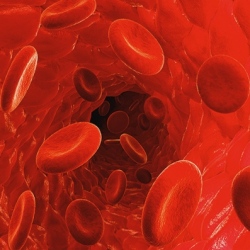
Juan Carlos Izpisua Belmonte, a developmental biologist at the Salk Institute for Biological Studies in La Jolla, California, and his colleagues stumbled across a previously unknown variety of pluripotent cell, which can give rise to any type of tissue, while attempting to graft human pluripotent stem cells into mouse embryos.
Scientists previously knew about two other types of pluripotent stem cells, but growing them in large numbers or guiding them to mature into specific types of adult cells has proven difficult. Writing in Nature, Izpisua Belmonte and his colleagues report a type of pluripotent cell that is easier to grow in vitro and grafts into an embryo when injected into the right spot. They call them region-selective pluripotent stem cells (rsPSCs).
Because the region-selective cells grow more quickly and stably than other pluripotent cells, they may be more useful for developing new therapies, says Paul Tesar, a developmental biologist at Case Western Reserve University in Cleveland, Ohio.
